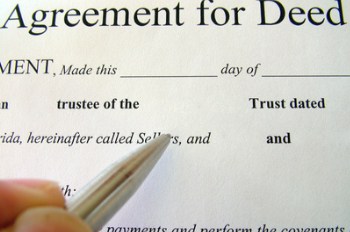We have all heard about the wealthy using trusts to avoid tax,
the papers are full of news about the authorities clamping down on them with stories of celebrities being hit with huge fines. However, trusts are really an everyday part of life for many people with retirement savings.

Tax specialists refer to trusts as “fiduciary structures” which makes them sound quite complicated. This is not the case at all – in the main the structures are quite simple. In actual fact, QROPS and SIPPs are trusts and many that have them would not consider themselves wealthy at all. Let’s look at how a trust works and start with the definition.
Legal definition of a trust:
“A trust is a legal relationship whereby one individual (the “settlor”) transfers his or her assets (the “trust fund”) to another individual or company (the “trustee”) who holds and manages these assets for the benefit of others (the “beneficiaries”) named by the settlor. The trustees are bound by the terms of the trust deed.”
I suspect many people would look at their advisers with a look of jaw dropping incomprehension if they explained a trust in this manner. However, if we use an analogy that everyone can relate to, it might help explain the above definition. So, let’s delegate the Christmas shopping to someone else, using a trust.
Explanation
You (The Settlor) want someone to buy Christmas presents for the children on your behalf. You write a Christmas shopping list (The Trust Document) and you ask your best friend (Trustee) to use 100 Euros (Trust Fund) to buy presents for the children (The Beneficiaries). Your friend (Trustee) being a responsible person completes the shopping by sticking to the list.
If the people can understand the shopping scenario, then they understand the basics of a trust.
QROPS and SIPPs
Bringing all of this back to pensions, the settlor is you, the pension investor. The trustee is the QROPS or SIPP company. The trust document is effectively the rules of the QROPS and SIPP (held in trust) and the beneficiaries are those that would benefit from the funds after your death.
Tax Planning
Trusts, when used effectively, can be excellent wealth protection and tax planning vehicles. Make sure your adviser is well versed in trusts, with suitable tax/trust qualifications so as not to lose out on all the possibilities trusts offer.
The views expressed in this article are not to be construed as personal advice. You should contact a qualified and ideally regulated adviser in order to obtain up to date personal advice with regard to your own personal circumstances. If you do not then you are acting under your own authority and deemed “execution only”. The author does not except any liability for people acting without personalised advice, who base a decision on views expressed in this generic article. Where this article is dated then it is based on legislation as of the date. Legislation changes but articles are rarely updated, although sometimes a new article is written; so, please check for later articles or changes in legislation on official government websites, as this article should not be relied on in isolation.
This article was published in April 2015
Related Stories:
- QROPS A Simple Matter of Trust
- QROPS in France
- QROPS Trustee Duties – What should they be doing?
- Loan Trusts – A Useful Inheritance Tax (IHT) Planning Tool?
- 10 Reasons to use a QROPS – the facts and the myths – 45 % UK pension tax (2)
Share this story


